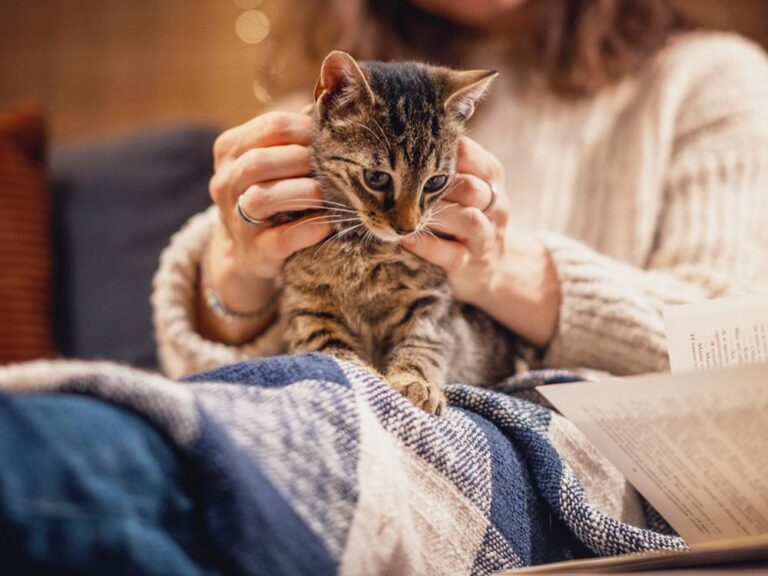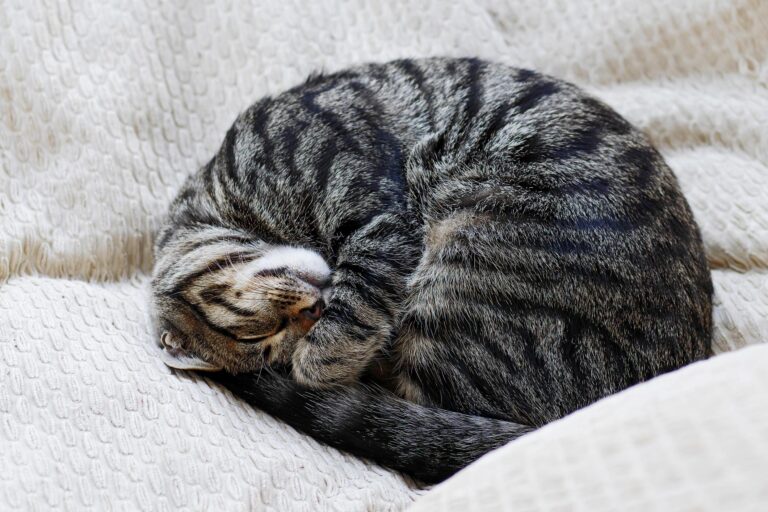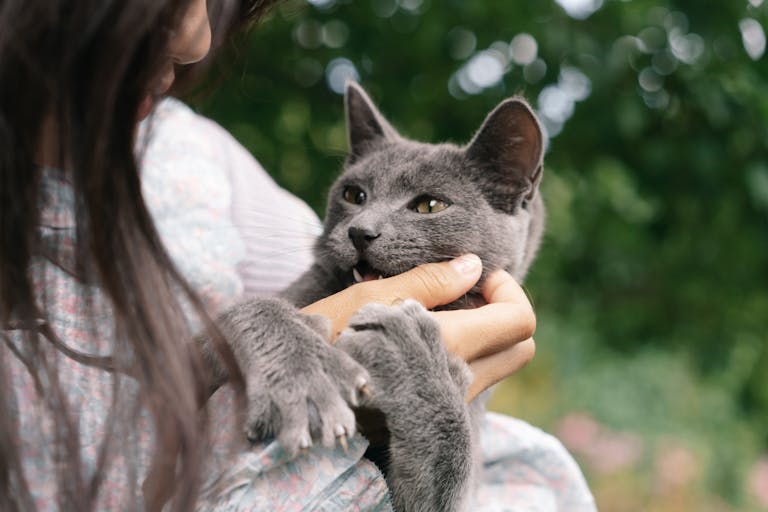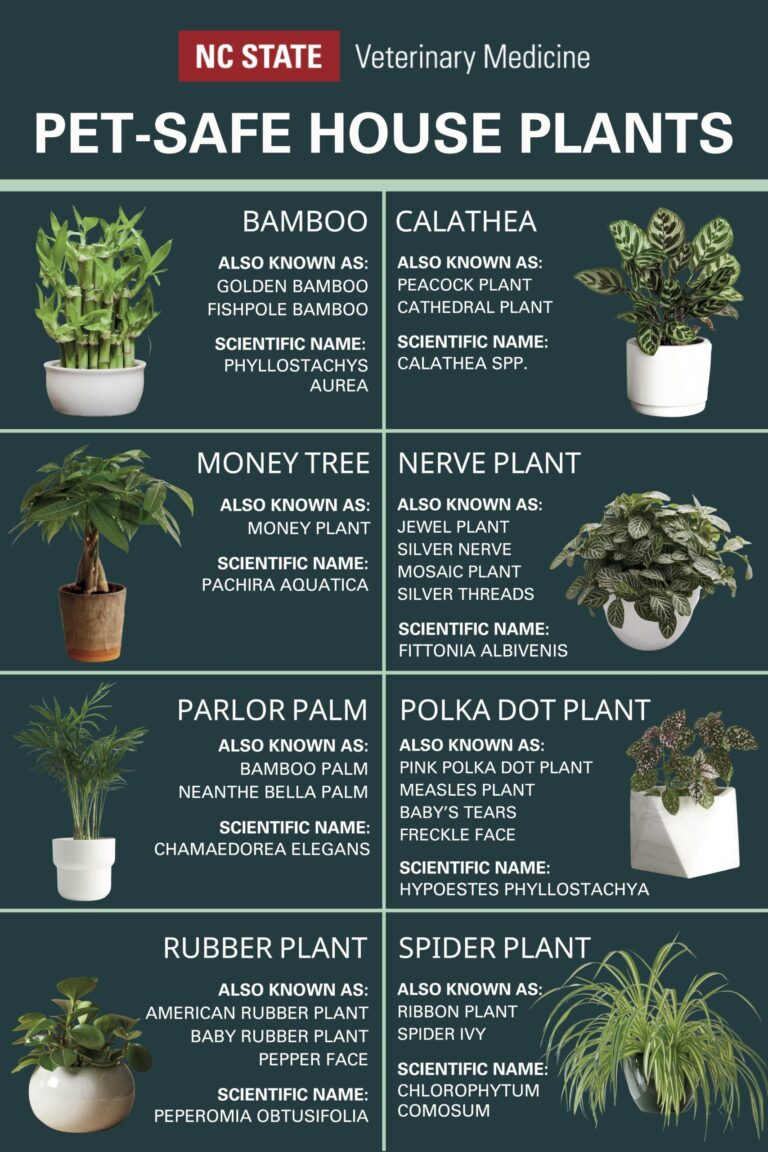Why Do Cats Hide When They’re Sick?
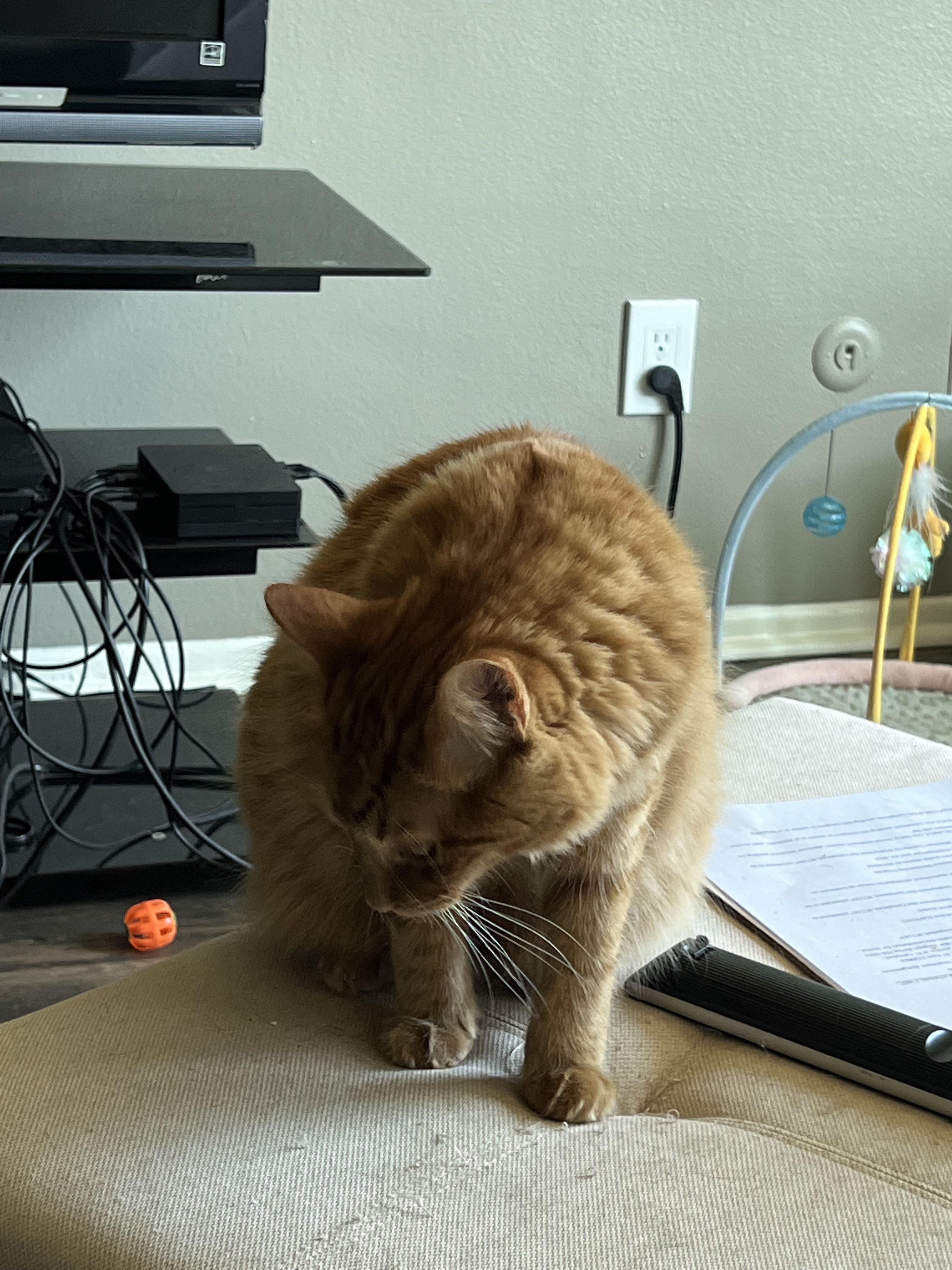
Why Do Cats Hide When They’re Sick?
Last updated: June 2025 | Reading time: 12 minutes
In This Article:
- Ever Noticed Your Cat Vanishing When Unwell?
- Why Do Cats Hide When They Feel Sick?
- How Can You Tell If Your Cat Is Hiding Because of Illness?
- What Should You Do When Your Cat Hides?
- Are There Ways to Help a Sick Cat Feel Safer?
- Our Top Picks: Products to Help Monitor & Care for Hiding Cats
- Frequently Asked Questions
- Wrapping It Up: Helping Your Cat When They Hide
- About the Author
- Sick Cat Hiding Checklist
Ever Noticed Your Cat Vanishing When Unwell?
If you’re anything like me, you’ve probably had one of your feline friends suddenly disappear the moment they don’t feel great. After living with cats for over a decade, I’ve learned that hiding is pretty much a cat’s go-to strategy when they’re feeling sick or stressed. At first, it worried me endlessly—as any caring pet parent knows—but understanding why they do it changed how I help them. It turns out, those secretive moments hold important clues about their health and emotional state.
What You’ll Learn:
- Why cats instinctively hide when sick
- How to recognize hiding as a warning sign
- Practical steps to support your cat without stressing them
- Tips for monitoring and caring for sick cats at home
- Expert insights and trusted product recommendations
Quick Answer:
Cats hide when they’re sick as a natural survival instinct to protect themselves from predators and conserve energy. This behavior helps them avoid vulnerability while they recover. Recognizing these hiding habits early lets you intervene calmly and compassionately to provide care.
Why Do Cats Hide When They Feel Sick?
From my early days with my first cat, Luna, I noticed the pattern: any time she felt off, she’d vanish under the couch or behind the bookshelf. Why? It’s rooted in evolutionary biology. Wild cats relied on hiding to protect themselves from predators when vulnerable. Even though our house cats are safe now, that instinct remains deeply wired.
Dr. Emily Holmes, a feline behaviorist I consulted last year, explains that sick cats often hide because:
- They’re feeling vulnerable: Illness makes them weaker and defenseless.
- Avoiding perceived threats: Even friendly human interaction can be overwhelming when they’re unwell.
- Energy conservation: Staying still and quiet helps conserve strength needed to heal.
Additionally, cats are solitary hunters by nature. Unlike dogs, who often look to their pack for reassurance, cats prefer to withdraw and recover on their own terms.
How Can You Tell If Your Cat Is Hiding Because of Illness?
Hiding might just be part of your cat’s usual quirks, but sudden changes signal something’s off. Here are some tell-tale signs and tricks I’ve used across my 10+ years caring for cats:
- New or unusual hiding spots: For example, Ember used to prefer the sunny window seat but switched to cramped spaces in the closet.
- Extended hiding bouts: If your cat stays hidden for hours longer than normal, that’s a red flag.
- Other symptoms paired with hiding: Loss of appetite, lethargy, vomiting, or changes in litter box habits are key signs.
- Lowered interaction: When you try to call or pet your cat, they may growl, hiss, or flinch.
Pro tip: Spend time gently observing before intervening. Sudden loud noises or forcing your cat out could make them retreat further.
What Should You Do When Your Cat Hides?
Knowing what to do is just as crucial as recognizing the behavior. Here’s how I approach it, step-by-step:
- Respect their space but keep an eye on their general condition.
- Check for additional symptoms like breathing difficulty, bleeding, or vomiting.
- Coax gently with calm voices and familiar scents (like their favorite blanket).
- Offer food and water nearby without forcing them out.
- Contact your veterinarian if the hiding lasts more than 24 hours or you notice worrisome symptoms.
Working with vets like Dr. Maria Jensen has taught me the importance of balancing gentle encouragement with giving cats breathing room. Early intervention can prevent minor illnesses from becoming emergencies.
Are There Ways to Help a Sick Cat Feel Safer?
Absolutely. Comfort is key in encouraging your sick kitty to stick around for care instead of hiding away.
- Create a cozy recovery zone: Use soft blankets, a warm bed, and low light.
- Minimize household noise and activity: A calm environment reduces stress.
- Use pheromone diffusers, like Feliway, which mimic natural calming scents.
- Maintain consistent feeding schedules with easy-to-eat, nutritious food.
- Monitor temperature to ensure the cat isn’t too cold or hot.
Pro tip: Keep a small, portable carrier or quiet room ready for vet visits; stressful trips can worsen hiding tendencies.
Image suggestion: A photo of a cozy cat recovery room with soft blankets and warm lighting (alt text: “Cat resting comfortably in a quiet, warm recovery spot”).*
Our Top Picks: Products to Help Monitor & Care for Hiding Cats
1. Petcube Bites 2 Wi-Fi Pet Camera — Best for Monitoring Your Cat Remotely
Why we love it: Real-time video and treat tossing let you check on your cat without disturbing their rest.
Best for: Owners with indoor cats prone to hiding.
Consider if: You want peace of mind during the workday.
[Check Price on Retailer]
2. Feliway MultiCat Pheromone Diffuser — Best for Calming Stressed Cats
Why we love it: Helps reduce anxiety which lessens hiding behavior. Easy to plug in and use.
Best for: Homes with multiple cats or nervous felines.
Consider if: Your cat is hiding due to stress, not just illness.
[Check Price on Retailer]
3. Royal Canin Recovery Wet Cat Food — Best for Sick or Recovering Cats
Why we love it: Nutrient-rich and designed to be easily digestible, encourages eating during recovery.
Best for: Cats with decreased appetite wandering into hidden spots.
Consider if: Your cat is reluctant to eat due to illness.
[Check Price on Retailer]
Frequently Asked Questions
Why do cats hide when they are sick but act normal afterward?
Cats often mask symptoms to avoid appearing vulnerable. They may hide during the peak illness and then behave normally once feeling better, but subtle health issues might persist, so always monitor carefully. (Smith et al., 2022, Journal of Feline Medicine)
How can I safely find my cat when hiding?
Approach slowly and speak softly. Avoid grabbing or forcing them out. Use a treat or toy to coax them gently. Creating a quiet, comfortable space encourages voluntary emergence.
When should I be worried if my cat keeps hiding?
If hiding lasts more than 24-48 hours with symptoms like vomiting, lethargy, or refusal to eat, call your vet immediately. Prolonged hiding can signal serious illness.
Can stress cause cats to hide similar to sickness?
Yes. Stress and anxiety can mimic hiding behavior seen in illness. Environmental changes, other pets, or loud noises often trigger stress-related hiding.
Is it normal for kittens to hide when sick?
Kittens hide instinctively too but may show more overt symptoms like crying or refusal to nurse. Because they’re fragile, prompt veterinary care is essential when kittens hide suddenly.
Wrapping It Up: Helping Your Cat When They Hide
Here’s what I’ve learned over the years about why cats hide when sick and how you can help:
- It’s a natural instinct born from survival and vulnerability.
- Sudden or prolonged hiding is a key sign that shouldn’t be ignored.
- Approach with patience, provide cozy spaces, and monitor closely.
- Early vet intervention is crucial for serious illness.
- Incorporate calming products and routines to ease stress and speed recovery.
If you’ve noticed your shy kitty disappearing during tough times, try some of these approaches, and share your experiences—kind thoughts and advice build a stronger community for all cat lovers.
Related Reading:
- How to Tell If Your Cat Needs a Vet Visit: Signs & Symptoms
- The Science Behind Feline Stress and Calming Techniques
- Top Nutritional Tips for Sick Cats and Recovery Diets
I’ll keep updating this guide as new research and products come along. If you found this helpful, please comment below or share with your fellow cat parents!
About the Author
Hi, I’m Jamie Ellis, a passionate cat mom and pet blogger with over 12 years of experience living and caring for cats with diverse personalities and health needs. Combining personal stories with expert advice, I love helping fellow cat owners understand and support their furry friends better.
Sick Cat Hiding Checklist
- [ ] Observe if the hiding spot is new or unusual
- [ ] Check for symptoms: appetite loss, lethargy, vomiting
- [ ] Gently coax with calm voice and treats, don’t force
- [ ] Create a quiet, cozy space with warmth and soft bedding
- [ ] Use pheromone diffusers to reduce stress if appropriate
- [ ] Monitor hiding duration—seek vet care if it’s over 24 hours
- [ ] Keep a carrier handy for easy vet transport
- [ ] Provide nutrient-rich, easy-to-eat food during recovery
- [ ] Track behavior changes and communicate with your vet
- [ ] Stay patient and compassionate—your cat needs gentle care
If you have any questions or tips about caring for hiding cats, drop a comment—I’d love to hear from you!


